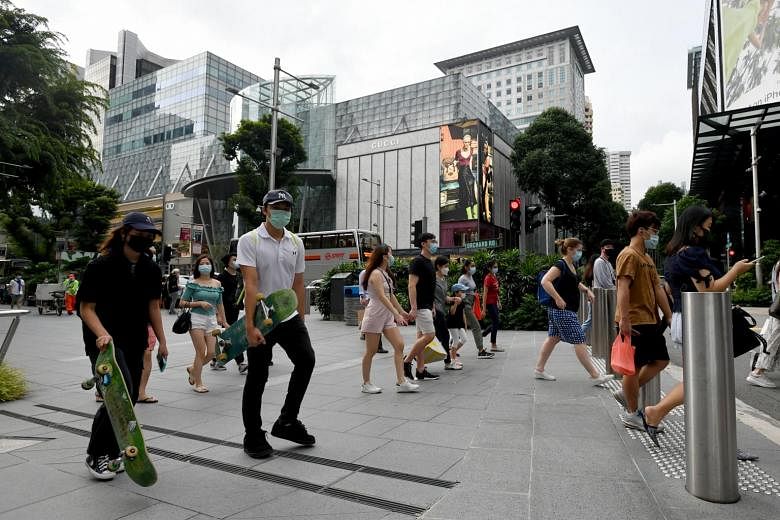And then, as everyone has been hoping for, comes phase three.
Yes, perhaps coming soon to a cinema, restaurant or sports hall near you, is the third phase of Singapore's slowly-but-surely reopening of its economy, with new business and leisure activities re-emerging.
Already a subscriber? Log in
Read the full story and more at $9.90/month
Get exclusive reports and insights with more than 500 subscriber-only articles every month
ST One Digital
$9.90/month
No contract
ST app access on 1 mobile device
Unlock these benefits
All subscriber-only content on ST app and straitstimes.com
Easy access any time via ST app on 1 mobile device
E-paper with 2-week archive so you won't miss out on content that matters to you


